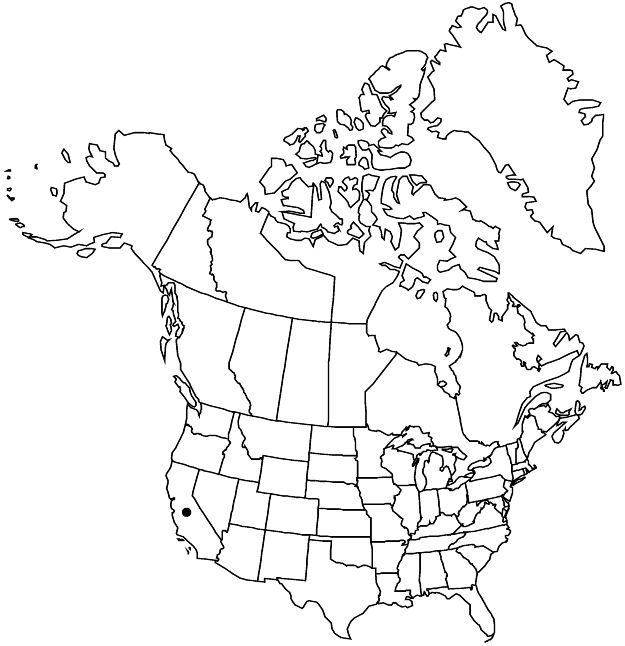Difference between revisions of "Ivesia saxosa"
Syst. Bot. 14: 232. 1989.
FNA>Volume Importer |
imported>Volume Importer |
||
| (One intermediate revision by the same user not shown) | |||
| Line 61: | Line 61: | ||
|publication year=1989 | |publication year=1989 | ||
|special status= | |special status= | ||
| − | |source xml=https:// | + | |source xml=https://bitbucket.org/aafc-mbb/fna-data-curation/src/2e0870ddd59836b60bcf96646a41e87ea5a5943a/coarse_grained_fna_xml/V9/V9_331.xml |
|subfamily=Rosaceae subfam. Rosoideae | |subfamily=Rosaceae subfam. Rosoideae | ||
|tribe=Rosaceae tribe Potentilleae | |tribe=Rosaceae tribe Potentilleae | ||
Latest revision as of 22:56, 5 November 2020
Plants green, ± tufted, often forming hanging clumps, sometimes rosetted. Stems pendent or prostrate to ascending, 0.4–2.6(–3) dm. Basal leaves planar, 2–15 cm; sheathing base not strigose abaxially; petiole 3–9 cm; lateral leaflets (1–)2–4(–7) per side, separate to slightly overlapping, obovate to orbiculate or flabellate, (3–)5–15(–22) mm, incised 1/4–3/4 to base into 5–15 broadly ovate teeth or oblanceolate lobes, sometimes also medially split to base (Kern Plateau), apex not setose, surfaces ± sparsely short-pilose, prominently glandular; terminal leaflets ± distinct. Cauline leaves 1–2(–4); blade well developed. Inflorescences (1–)3–30(–60)-flowered, open, (0.5–)2–8 cm diam. Pedicels (5–)10–30 mm. Flowers 6–12 mm diam.; epicalyx bractlets 5, broadly lanceolate to oblong, 1–2.5 mm; hypanthium patelliform, 0.5–1.5 × 2–4(–4.5) mm; sepals 2–4.5 mm, acute; petals yellow, oblanceolate to obovate, (1.5–)2–4 mm; stamens 15–35(–40), filaments 0.3–1 mm, anthers yellow, subrotund, 0.2–0.3(–0.5) mm; carpels (3–)10–20(–40), styles 1–2 mm. Achenes greenish white to light tan, 1–1.8 mm, faintly rugose, ± carunculate.
Phenology: Flowering late spring–summer.
Habitat: Dry, rocky outcrops of granitic or volcanic origin, usually crevices of more or less vertical protected cliffs or boulders, mainly in oak and conifer woodlands
Elevation: 900–3300 m
Distribution

Calif., Mexico (Baja California).
Discussion
Ivesia saxosa is encountered in the foothills and mountains of southeastern California from the White Mountains and adjacent eastern slopes of the Sierra Nevada of Mono County to the Transverse Ranges (including the Little San Bernardino Mountains) of Kern and San Bernardino counties. Populations on the Kern Plateau tend to have more dissected leaflets and may deserve recognition as a distinct variety. On the Peninsular Ranges, I. saxosa occurs in Riverside and San Diego counties and into northern Baja California, Mexico, as far south as the western slopes of the Sierra Juárez and Sierra San Pedro Mártir.
Selected References
None.